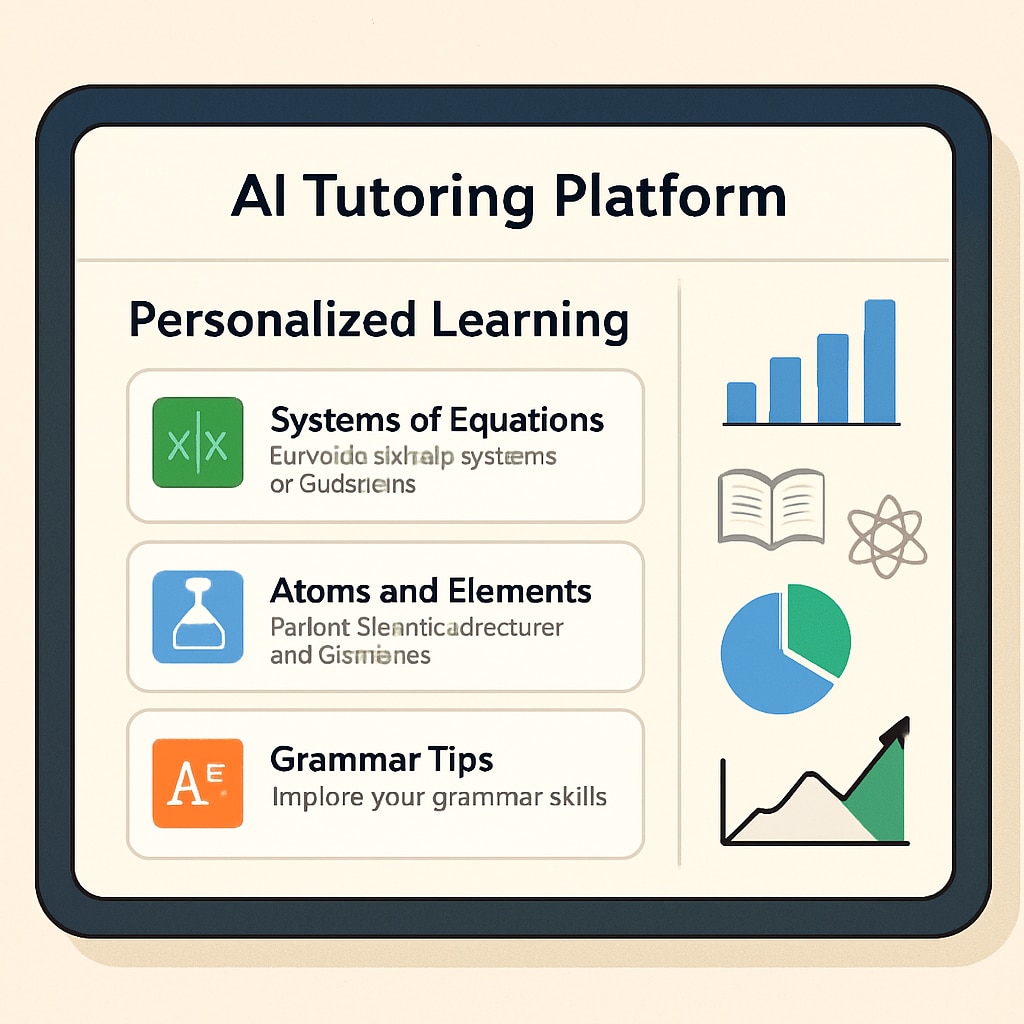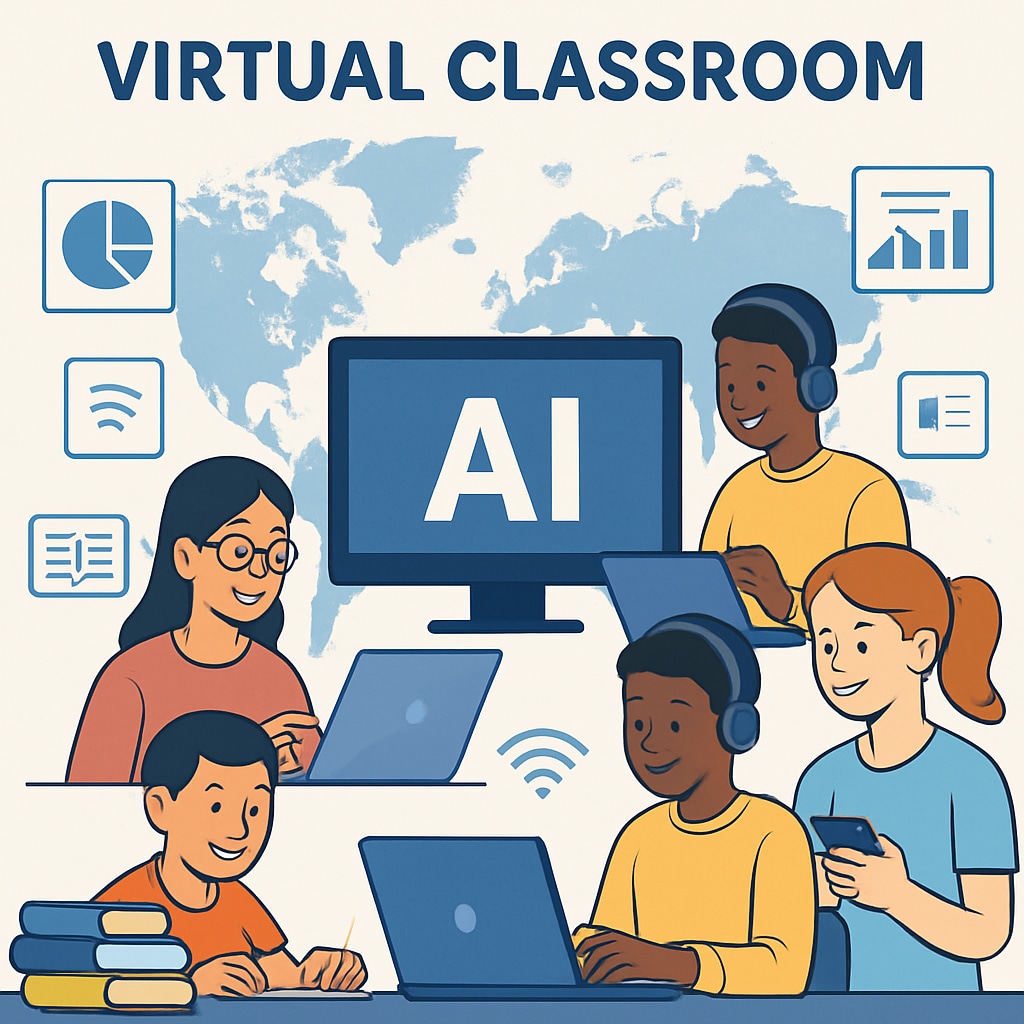By 2030, artificial intelligence is positioned to revolutionize K12 education, driving transformative trends in personalized learning, global resource sharing, and adaptive teaching methods. As AI technology evolves, educators and institutions must harness its potential to create an innovative and inclusive learning ecosystem that meets the diverse needs of students worldwide.
Personalized Learning: AI’s Role in Tailoring Education
One of the most significant impacts of artificial intelligence on K12 education will be its ability to enable personalized learning at scale. AI-powered platforms can analyze individual student data, including their strengths, weaknesses, and learning preferences, to create customized educational experiences. For example, AI algorithms can adjust lesson plans in real-time based on a student’s performance and engagement, ensuring that every learner receives targeted support and challenges.
Moreover, intelligent tutoring systems (ITS) powered by AI can act as virtual teachers, providing one-on-one guidance to students. These systems not only enhance productivity but also allow educators to focus on fostering creativity and critical thinking in the classroom.

Global Resource Sharing: Bridging Educational Divides
Artificial intelligence is also set to democratize access to education by facilitating the global sharing of resources. By 2030, AI-driven platforms will break down geographical and linguistic barriers, connecting students and educators from around the world. For instance, advanced translation tools powered by AI will allow students to access learning materials in their native languages, promoting inclusivity and eradicating disparities in educational opportunities.
Additionally, AI can enable the creation of virtual classrooms where students from different countries collaborate on projects and exchange ideas. This global interconnectedness not only enhances cultural understanding but also prepares learners for a more interconnected world.

Preparing Educators for AI-Driven Classrooms
While AI offers exciting possibilities, its integration into K12 education requires educators to adapt and embrace new roles. Teachers will need to become facilitators of learning, guiding students through AI-powered systems and ensuring the ethical use of technology. Professional development programs focused on AI literacy and digital skills will be essential for preparing educators to thrive in this evolving landscape.
Furthermore, institutions must address concerns such as data privacy, algorithm bias, and equitable access to technology to ensure that AI enhances rather than hinders education. Collaboration between educators, technologists, and policymakers will be crucial to building a sustainable and inclusive AI-driven education system.
In summary: Artificial intelligence has the potential to transform K12 education by 2030, offering benefits such as personalized learning, global resource sharing, and adaptive teaching methods. However, its successful implementation requires thoughtful planning, ethical considerations, and a commitment to equity. As educators and institutions rise to these challenges, they will unlock new opportunities to create smarter and more inclusive learning environments.
For more information on AI and its applications, explore resources such as Artificial Intelligence on Wikipedia or Artificial Intelligence on Britannica.


